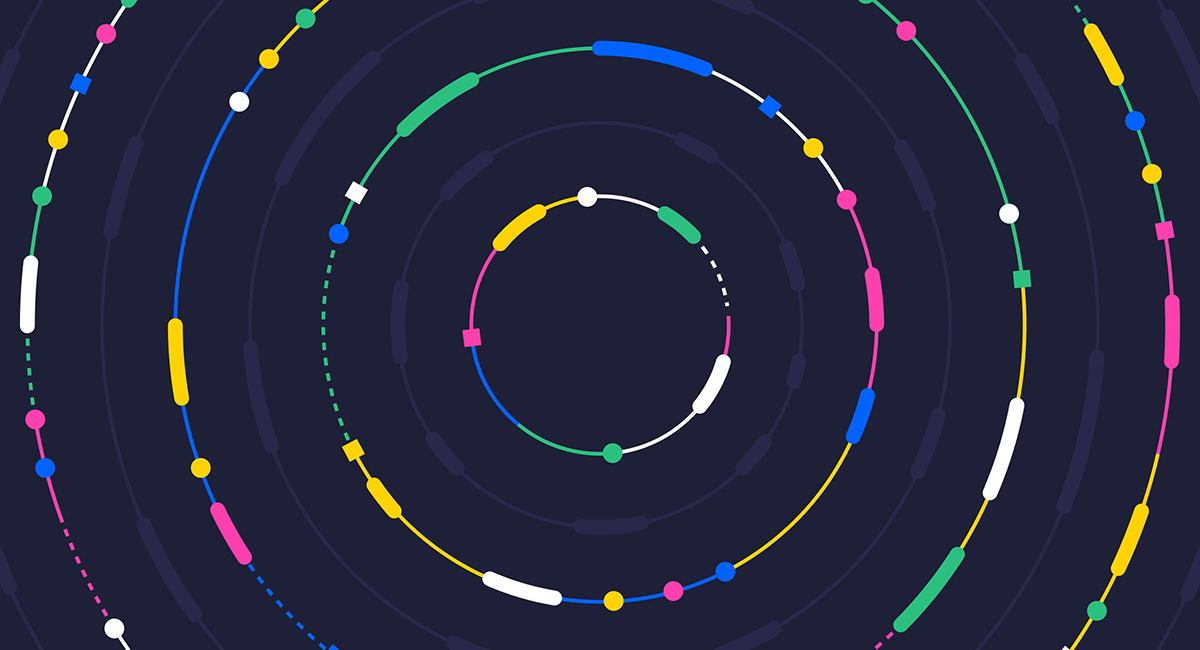Broadly speaking, an open system is one that constantly interacts with its surroundings, fostering an ongoing exchange of matter, energy, and/or information. It’s important to note that the interpretation of the “open system” concept varies depending on the disciplinary perspective. Its nature differs when viewed through the lens of physics, biology, or informatics. However, the underlying essence across these systems lies in their ability to facilitate feedback flow, both internally among their components and externally with other systems.
The concept of open systems evolves from foundational theories, notably the General Systems Theory (GST). Developed by biologist Ludwig von Bertalanffy, this interdisciplinary approach was proposed as a departure from the reductionist thinking prevalent in scientific circles of its time. Its purpose is to comprehend systems holistically rather than viewing their components in isolation. Describing systems as open, complex, and adaptive enables us to grasp their interconnectedness and reliance on the many factors that shape them. Consequently, systems are seen as entities in continual flux, constructed by the feedback they receive and generate.
Open Systems at Abierto al Público
Within the Abierto al Público blog, we perceive open knowledge as crucial for social and economic development. We hold the belief that any approach to this type of knowledge aligns with the foundational principles of an open system. The intrinsic nature of open knowledge necessitates an environment rooted in collaboration, fostering a continuous flow of ideas for its improvement and expansion. Open knowledge can be likened to a vast organism that thrives and evolves through the interactions among an endless number of disciplines. At the IDB, we refer to this paradigm as open knowledge systems. Below, we share content from our blog that delves into this approach:
- The Intersection of Open Systems with Open Knowledge
- Open Knowledge Systems for Decision-Making
- Open Knowledge Systems for Collaborative Work
The Intersection of Open Systems with Open Knowledge
It is the open knowledge systems precisely that enable us to craft solutions to the challenges of social and economic development. They bolster the connections and co-creation methods, facilitating the rapid sharing of learnings, scaling of ideas, and continual integration of feedback. This, in turn, enhances our results.
Open Knowledge Systems for Decision-Making
Decision-makers can deepen their understanding of the challenges confronting citizens by establishing spaces for dialogue and discussion. In recent years, efforts to encourage citizen participation have encompassed policies facilitating access to information, public consultations, participatory platforms, and engagement in scientific endeavors.
The voices and experiences of citizens serve as crucial inputs in devising and implementing effective development solutions. Greater access to information also empowers citizens, enabling them to engage in constructive dialogues, seek solutions, and support accountability measures. These elements play a pivotal role in nurturing a culture of heightened trust and inclusivity, both within institutions and across public services.
Tags:
Access to Information | Citizen Participation | Open Science
Articles of interest:
Open Knowledge Systems for Collaborative Work
How do we design solutions for complex public challenges that reflect a multifaceted, multi-perspective reality? How do we integrate open systems into our daily lives? To answer both questions, it’s vital to look beyond immediate surroundings and bring diverse, relevant knowledge, and experiences to the table. Embracing collaborative and co-creation practices can facilitate gathering diverse inputs, improve idea synthesis, nurture shared efforts, and disseminate results. When addressing the pressing need for solutions, it’s crucial to integrate perspectives from those most affected by a challenge; otherwise, the response might fall short of achieving the intended outcomes or fail to benefit those most in need.
Conclusion Remarks
The Inter-American Development Bank’s (IDB) dedication to the welfare of Latin America and the Caribbean underscores the significance of open knowledge systems in expediting and magnifying the impact of our endeavors across the region. We recognize that our efforts will truly bear fruit only when we embrace openness to welcome novel ideas. We aspire to voice our perspectives, indeed, but foremost, we prioritize the act of listening. In the end, what system can evolve without a foundation rooted in openness?
By Kyle Strand and Ana Ramírez, Editors of Abierto al Público.


Leave a Reply